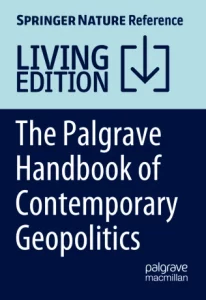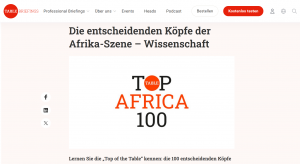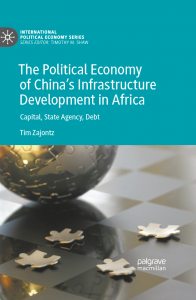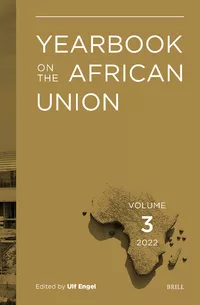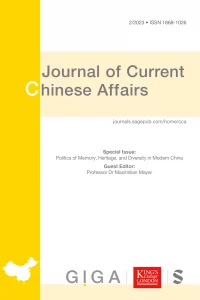New article in Third World Quarterly
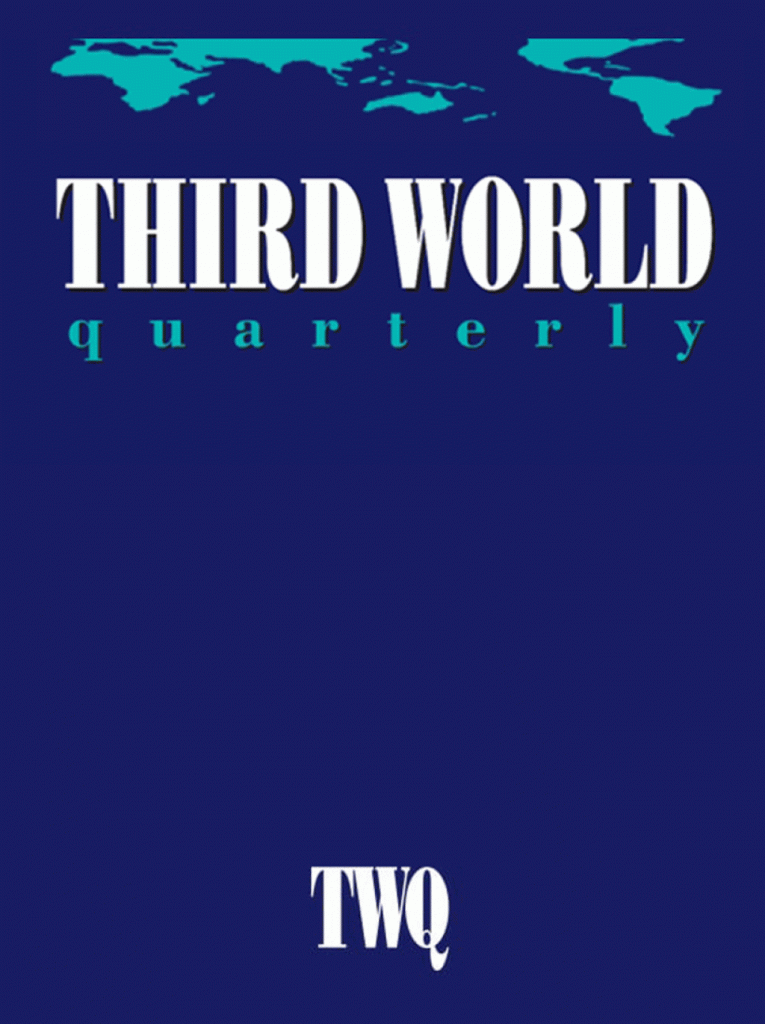
Abstract
Africa is often treated as peripheral to contemporary geopolitics. This article challenges this reading by conceptualising polyalignment as an extraverted form of African agency, which is not solely reactive to, but co-constitutive of, the Second Cold War. Successive Kenyan governments have diversified the country’s external relations to broaden (geo)political and developmental scope. Yet, polyalignment is shown to be not only a foreign policy but also a ‘class project’, reflecting the interests of dominant social forces in the Kenyan state-society complex. The article examines the enabling-constraining geopolitical economy of Kenyan polyalignment with a focus on infrastructure, development finance and the digital economy. Kenya’s integration into China-oriented infrastructure networks has benefitted politically connected elites and has prompted competing Western connectivity initiatives. Financial polyalignment through expansive sovereign borrowing from a host of lenders has turned into polydependence, leaving the society exposed to the structural powers of foreign creditors. Substantial Chinese presence in Kenya’s digital sector is increasingly becoming incompatible with Kenya’s longstanding security partnership with ‘the West’. Cautioning against overly optimistic readings of African agency in the current geopolitical conjuncture, the article finds that polyalignment has afforded opportunities for some Kenyans but, simultaneously, engendered socio-economic contradictions, complex polydependence and mounting geopolitical vulnerability.

